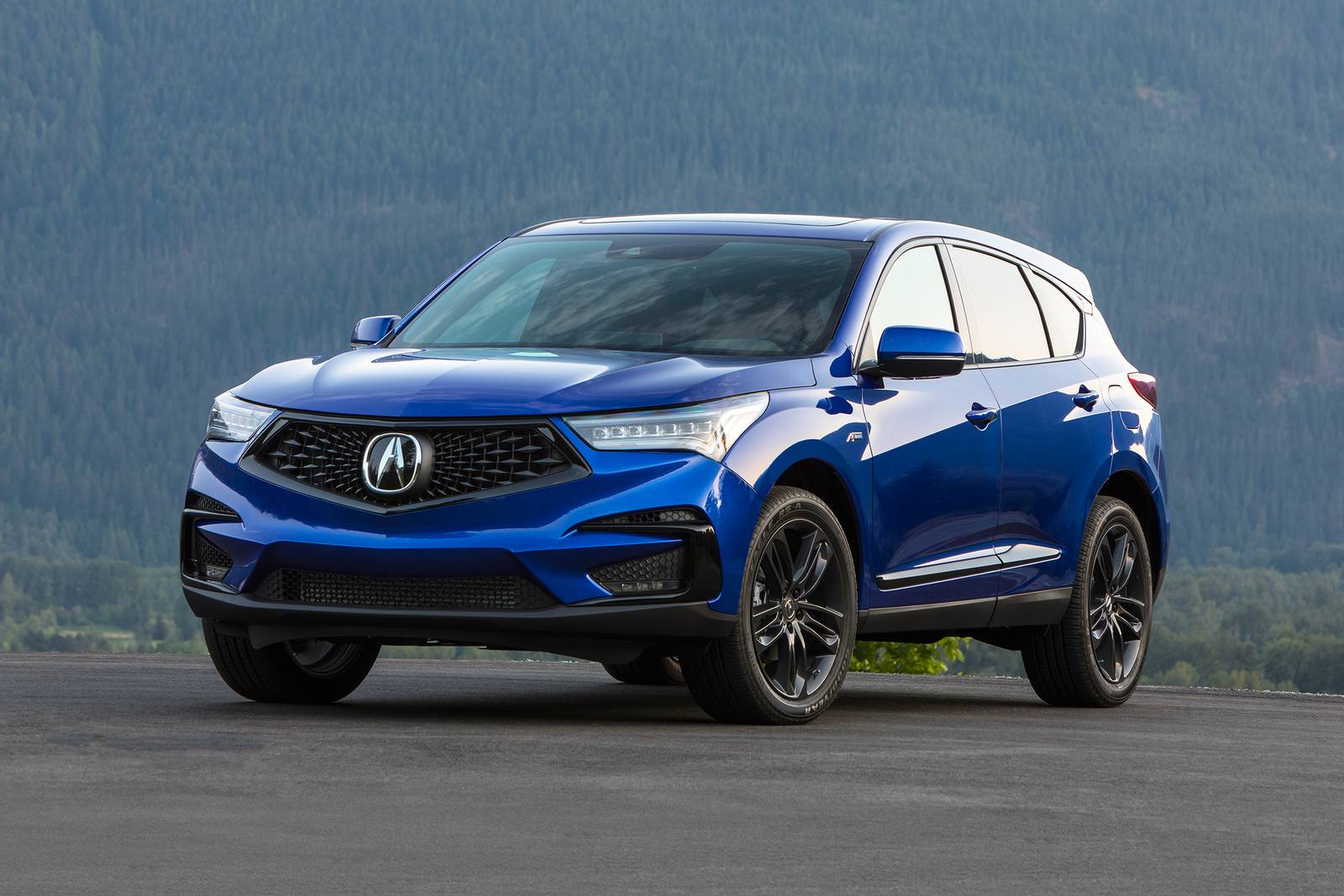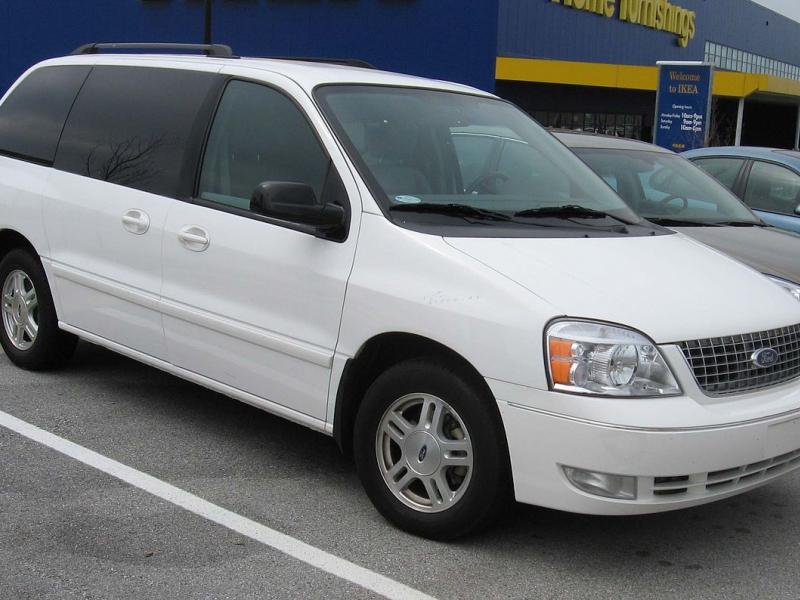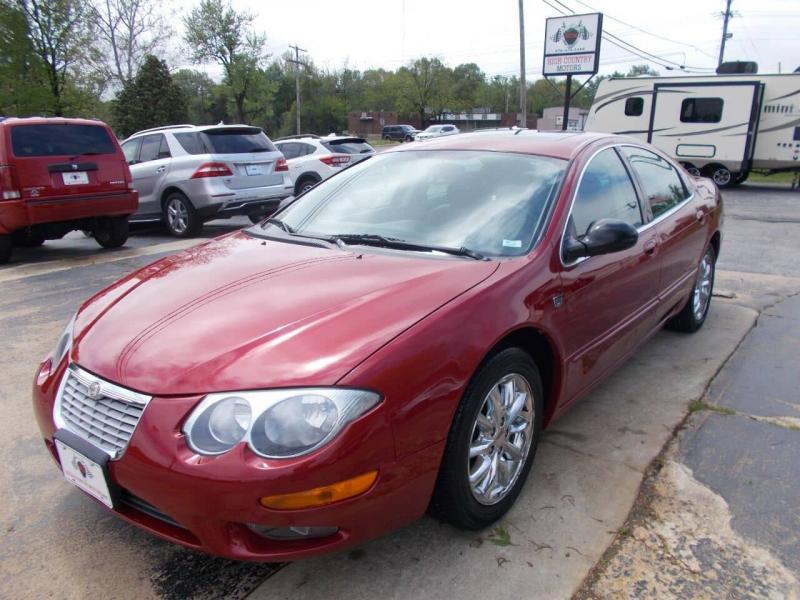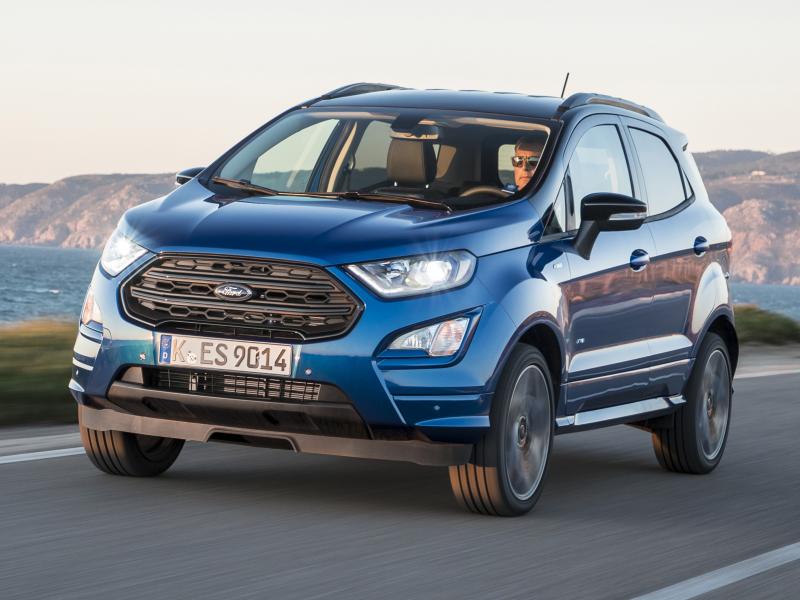A Look at the Most Common Car Mods | UPDATED with video!
In today’s world, car mods are a dime a dozen – literally in some cases. A quick search for car mods without narrowing it down by make, model or engine size brings back more than 3.4 million results on Google. Let’s take a look at some of the most common car mods – which ones actually add to your car and which ones should you skip altogether?
New Tires
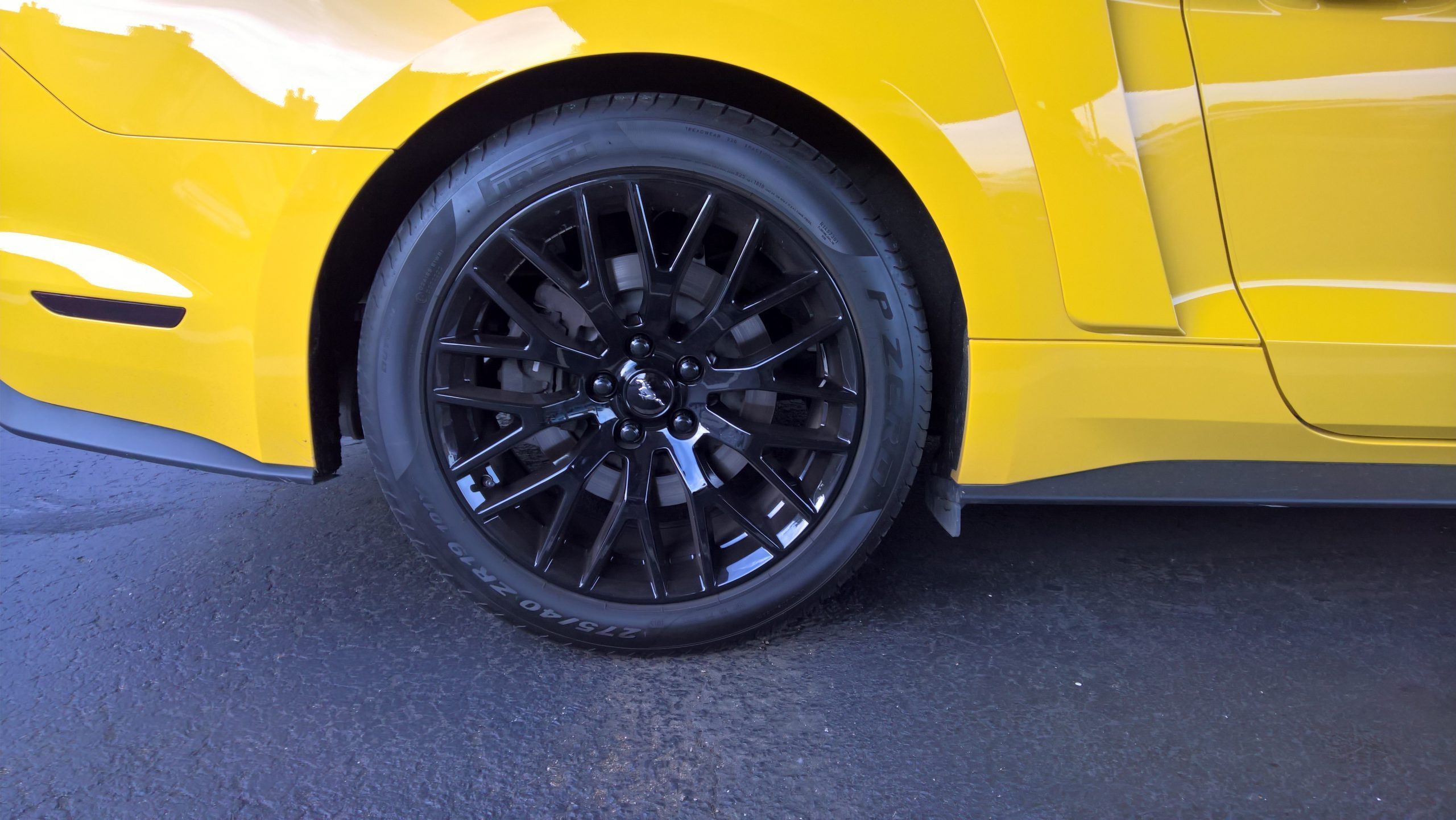
If you’re not racing your car, you probably only think about changing your tires when one goes flat or starts to show signs of wear. A new set of performance tires can cost you a pretty penny – think between $150 and $300 per tire – but it can be a great way to upgrade your car.
New tires are a great mod. They help increase traction and fuel economy, but it’s important to make sure the tires fit your car and are going to be able to stand up to the rigors of daily driving. Don’t spring for a set of stickies if you’re just going to be driving back and forth to work. They’ll wear out too quickly and make it harder to drive.
Driver stereotypes are tricky when it comes to tires. You may see drivers with expensive tires that don’t do any other mods to their car, or you may see the stereotypical ‘more money than sense’ driver with a set of thousand-dollar wheels on a $300 beater.
Body Modifications
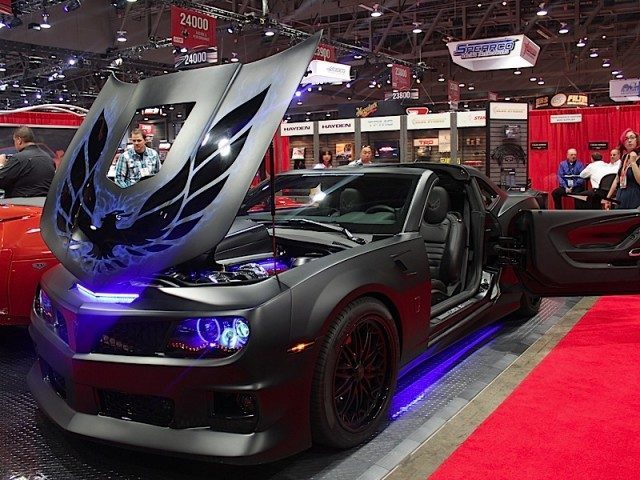
Body mods are a great way to customize the look of your car, but some are more useful than others.
Wings, for example, are useless unless you’re driving a car that’s tricked out to create some serious torque. They’re awesome on racing cars, but putting a wing on your 4-cylinder Ford Fiesta is kind of like adding extra legs to your dog. It’s pointless and looks silly.
Other body mods, like fake hood scoops and body kits, add to the car’s look but don’t have a practical purpose. They can even compromise your car’s aerodynamics, which leads to reduced fuel mileage. And don’t put a low-cut body kit on your car if you live anywhere that has speed bumps or you might find yourself leaving your mod on the side of the road somewhere.
When it comes to driver stereotypes, body modders fall into two categories – those that mod for racing and those that mod for looks. The former has a legitimate reason for modding their car, while the latter… well, their cars tend to be all bark and no bite and have probably never seen a checkered flag in their life.
Exhaust Upgrades
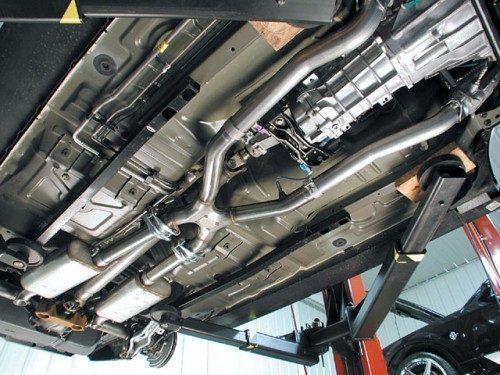
Most people don’t think much about their car’s exhaust until the check engine light lets them know that there’s a problem with a downstream O2 sensor, but exhaust upgrades are still a very popular car mod. Again, you’ve got two driver classifications here — those that are trying to upgrade their exhaust to get a bit more horsepower out of their engines and those who are cutting off their muffler and replacing it with a straight pipe because they want to make as much noise as possible.
You can improve your engine’s efficiency and get the added benefit of better sound by replacing your stock exhaust with a bolt-on high flow exhaust system without alienating all of your neighbors or failing your next emissions test.
Race Accessories
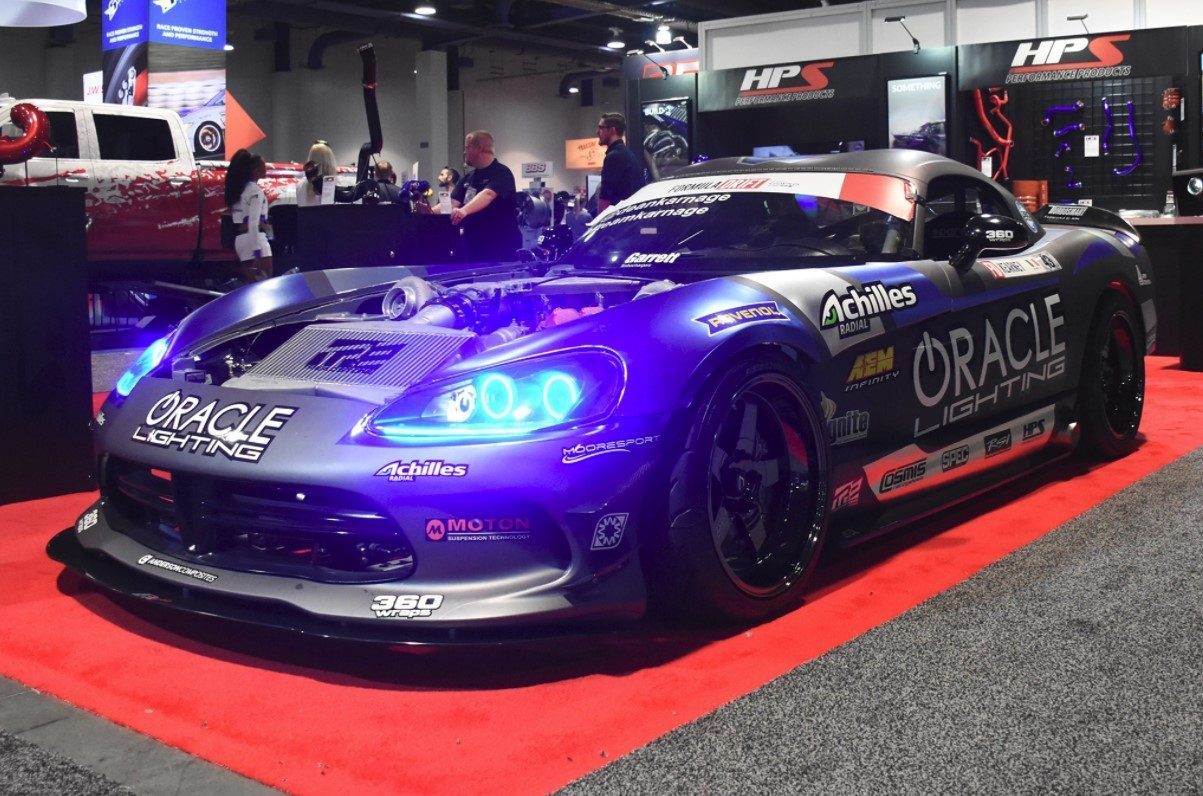
It’s not just the exterior of your car that deserves a little bit of TLC. Modifications for the interior are just as cool and often just as expensive. One popular mod involves replacing the stock seats and seatbelts with racing seats and harnesses. These can look cool and could potentially help keep you safer in the event of an accident, but do you really need a five-point harness and a fire-proof racing seat if you’re just driving to the corner store for a gallon of milk?
These mods are popular with drivers who want to think that they’re racers but in reality, will never set foot or tire on a track. Plus, a set of black race seats can look really awkward in a car with a beige interior.
Other race accessories like style bars (i.e., wannabe roll bars that don’t actually offer any structural support or protection) might look cool, but they have no real use and may end up lowering the value of your car if you decide to sell it later.
Performance Brakes
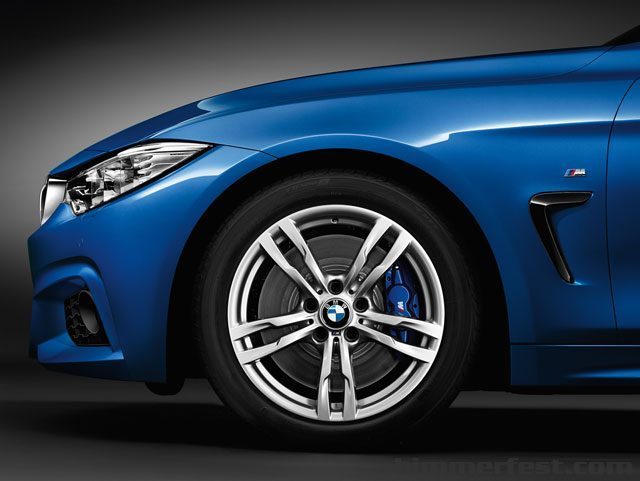
Let’s get this out of the way right now. If you’re not racing, there’s no reason for you to spend thousands of dollars on performance brakes. Sure, they look cool – big, brightly painted calipers and discs that have holes drilled in them – but they’re just a money sink that doesn’t really add anything to your car.
First, your brake rotors don’t need holes in them unless you’re driving a 60-year-old car that hasn’t had its brake pads changed since it rolled off the assembly line. Drilled and slotted rotors are designed to keep your brake pads cool under heavy load. If you’re not racing, they don’t offer any additional benefits.
The only brake upgrade you should really be thinking about is your brake lines. Rubber brake lines, which come on most stock cars, tend to flex and can affect braking distance. Swap those rubber lines out for some stainless-steel ones for consistent braking under all conditions.
Suspension Upgrades
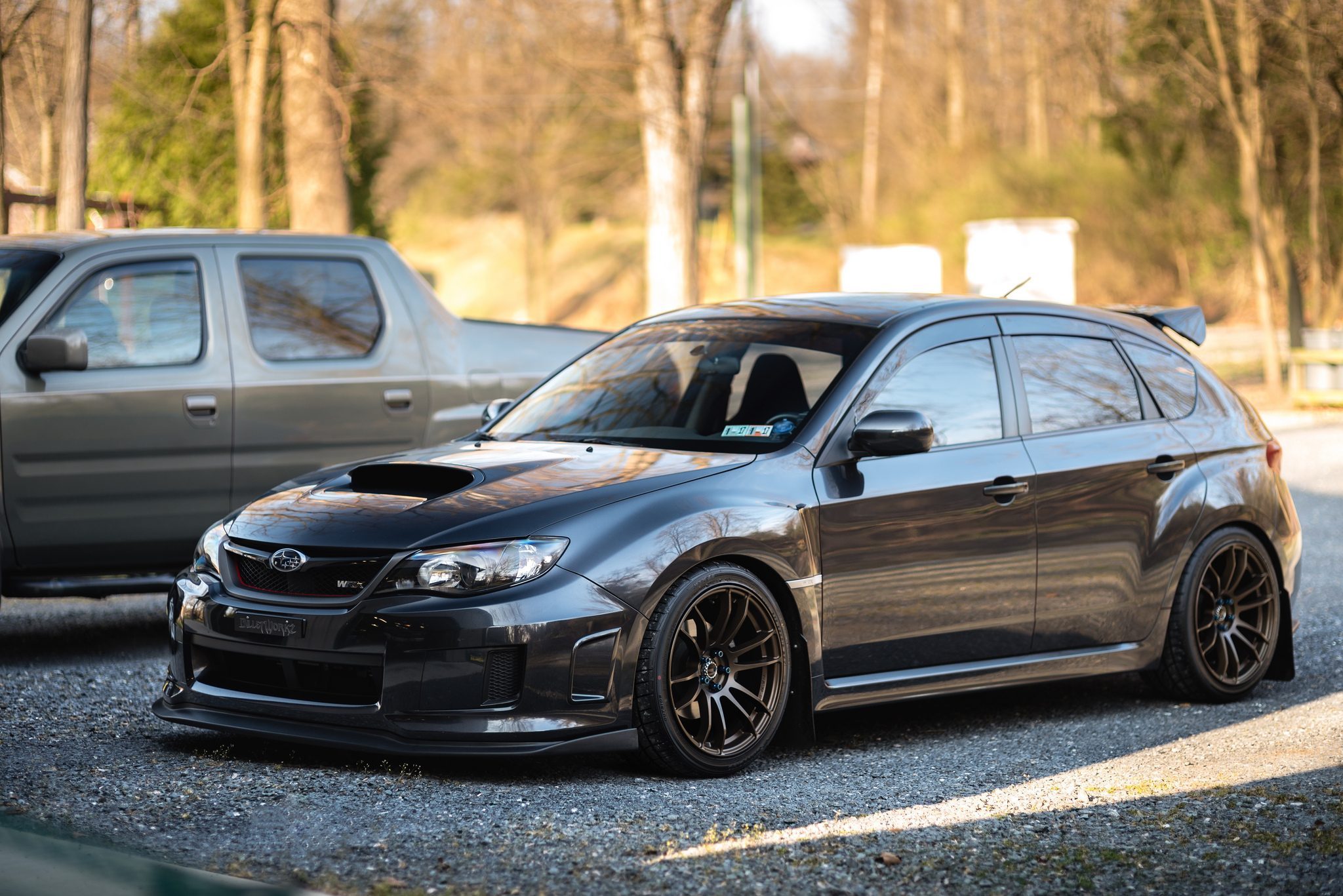
No one likes to drive on a wobbly, squeaky old suspension, but there’s a fine line between upgrading your suspension and spending thousands of dollars on some high-end equipment that you don’t need.
High-end suspension parts aren’t cheap, but you can easily get a good set of shocks and some stiffer springs to make your ride a little bit more comfortable. This often becomes necessary on older cars that have never had their suspension replaced. You don’t want to feel every single bump in the road as you’re driving after all.
What you don’t need is thousand-dollar air shocks or a set of over-the-top hydraulics that make your car jump. Not only can it damage the car, but you’re also basically spending a ton of money to make yourself look like an idiot.
There is a fine line between practicality and foolishness when it comes to car mods. Try to stay on the right side of the line. Your car will thank you, and you won’t find yourself on YouTube with hundreds of people making fun of your expensive mods.

